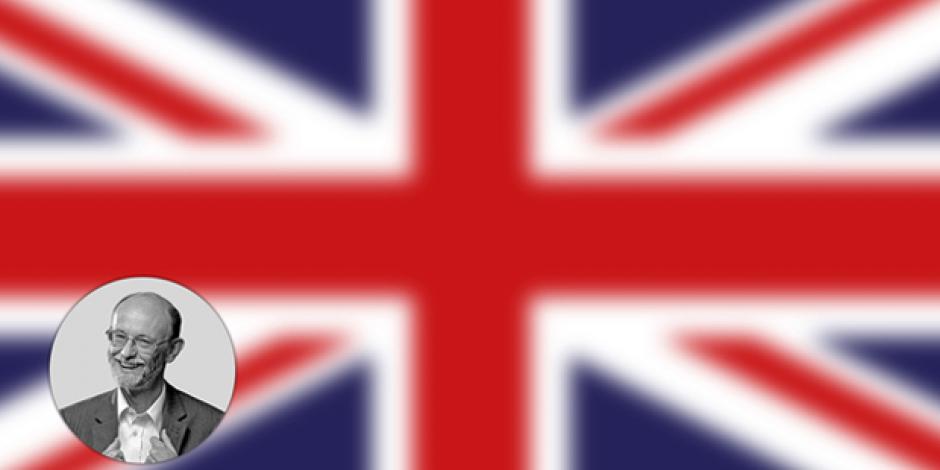Starten Sie den Audio-Text
Mit dem Audio-Player können Sie sich den Text anhören. Darunter finden Sie das Transkript.
What do we think of the BBC — the “Beeb”, as it is known? We generally have mixed feelings about Britain’s national broadcasterSenderbroadcaster. Are its programmes any better than the ones we see on commercial channels, whether they’re free ones, like ITV, or one we have to pay for to watch Game of Thrones?
Overall, they probably are. But why must the BBC give its top people so much money? It gets its income from what we pay for our TV licences, and a lot of it goes to overpaid bosses, presenterModerator(in)presenters and journalists.
As for its journalists, are they as independent as they like us to think? They get very crossverärgert, sauercross if you suggest that they’re too close to the state. On the other hand, Conservative politicians like to to accusebeschuldigenaccuse the BBC of being anti-government. And it’s true that the BBC is a home for satirical programmes like Have I Got News for You, which is a good sourceQuellesource of political jokes and attacks on the government.
So, in spite of everything, we’re to be fond of sth.etw. liebenfond of it. When, for example, a popular programme like The Great British Bake Off left the BBC for Channel 4 — to earn more money — we all felt to let downim Stich lassen, enttäuschenlet down. Bake Off is a competition to find out who bakes the best cakes, sconeengl. Teegebäckscones and so on. I’m surprised that, when it moved to Channel 4, it wasn’t renamed Game of Scones.
When it comes to equality, though, the BBC does to shoot oneself in the foot (ifml.)sich ins Knie schießen, sich ins eigene Fleisch schneidenshoot itself in the foot. A while ago, there were complaints that it replaced older female presenters with younger ones, while it continued to employ older males. The latest gender issueGleichstellungsfragegender issue was (un)equal pay. Not everyone who works for the BBC is overpaid, it seems. Some women presenters earn much less than their male colleagues and have protested.
Members of Parliament were worried when they heard about possible gender discriminationGeschlechterdiskriminierunggender discrimination. The director general of the BBC had to go to Westminster to answer questions that were asked by a committee of MPs. A woman reporter who had protested went along, too. It was a meeting with a gender agenda.
Whenever there’s a national scandal, MP (Member of Parliament) (UK)Abgeordnete(r)MPs need to find someone they can blame. Since things go wrong so regularly, they get lots of practice at sitting in committees and asking difficult questions. It’s ironic. There aren’t enough women in the British Houses of Parliament. So if MPs criticize you for gender inequality, you are definitely in trouble.
It’s also ironic because you’d expect reporters to be asking politicians questions, not the other way round. Perhaps MPs are secretly hoping for jobs with the BBC. Would they like to be on TV every night, holding a microphone under other politicians’ noses?
They’d certainly earn more if they had jobs as top BBC journalists. But they have too much to lose, since MPs are the ones who make the rules. If, for example, they thought the BBC went too far with its attacks on the government, then the government could also threaten attacks, like a tax on BBC salaryGehaltsalaries — ideally, though, only on the men’s.
Neugierig auf mehr?
Dann nutzen Sie die Möglichkeit und stellen Sie sich Ihr optimales Abo ganz nach Ihren Wünschen zusammen.



